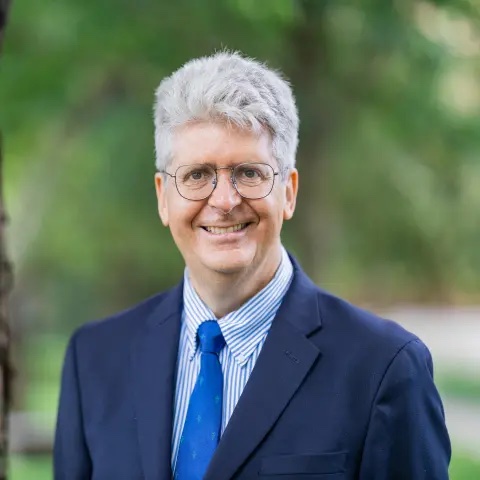
Fernando Reimers
Fernando Reimers is the Ford Foundation Professor of the Practice of International Education and Director of the Global Education Innovation Initiative at Harvard University. He is an elected member of the US National Academy of Education and of the International Academy of Education. An expert in the field of Global Education, his research and teaching focus on understanding how to educate children and youth so they can thrive in the 21st century. He was a member of UNESCOs Commission on the Futures of Education which wrote the report Reimagining Our Futures Together. A New Social Contract for Education. He has developed curriculum aligned with the United Nations Sustainable Development Goals which is in use in many schools throughout the world. During the COVID-19 pandemic he led numerous comparative studies examining the educational consequences of the pandemic and identifying options to sustain educational opportunity and to build back better.
In the graduate courses he teaches at Harvard on education policy and educational innovation he has developed signature approaches to engage students to contribute solutions to challenging education issues. Most recently, these approaches have included the design of strategies to sustain educational opportunity during the pandemic and developing country specific strategies to improve education aligned with UNESCO’s Futures of Education Report.
His current work focuses on educational innovation and on the impact of education policy, leadership, and teacher professional development on education that supports the holistic development of children and youth. He directs the Global Education Innovation Initiative, a cross-country research and practice collaborative focusing on education for the 21st century. He has written or edited 50 academic books, of which the most recent include: Educating Students to Improve the World, a theory of how to align education systems with the United Nations Sustainable Development Goals, Education to Build Back Better, a comparative study of how we can use lessons from large scale education reform; Primary and Secondary Education during COVID-19, a comparative study on the educational impact of COVID-19; and University and School Collaborations during a Pandemic, a comparative study of the way in which universities in 20 countries partnered with schools to sustain educational opportunity during the pandemic.
As part of his commitment to advancing educational opportunity, he serves on multiple advisory boards and committees at Harvard, particularly focused in advancing the global mission of the University and enhancing the effectiveness of the university’s programs to address climate change. He has served on the Harvard faculty since 1998. Before that he worked at the Universidad Central de Venezuela, the Harvard Institute for International Development and the World Bank.
The Salata Institute
The Salata Institute supports interdisciplinary research that leads to real-world action, including high-risk/high-reward projects by researchers already working in the climate area and new endeavors that make it easier for Harvard scholars, who have not worked on climate problems, to do so. Faculty interested in the Climate Research Clusters program should note an upcoming deadline for concepts on April 1, 2024.








